

SOCIAL
Media professionals urged to take gender-based violence seriously
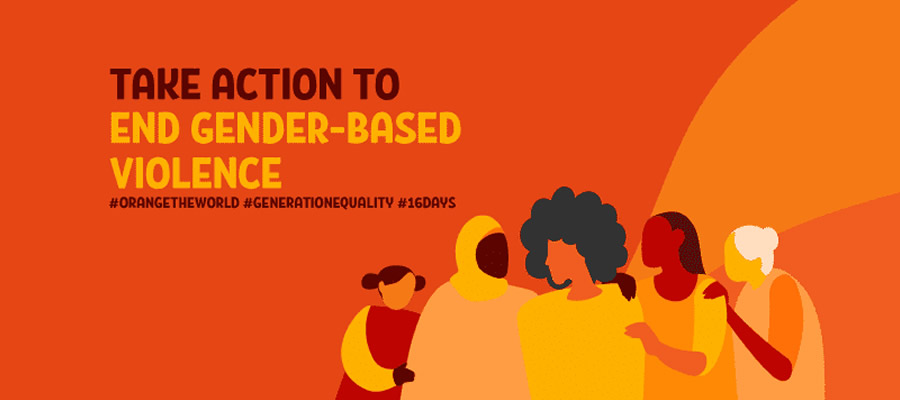
Date Created : 12/3/2024 : Story Author : Priscilla Oye Ofori /Ghanadistricts.com
She said that such issues must be taken seriously due to the crisis nature of violence against women and girls.
Ms. Adjabeng made the call during a Media Advocacy Forum organized by AWMA in Accra.
The forum, supported by the Deutsche Gesellschaft für Internationale Zusammenarbeit (GIZ), was held in observance of the 2024 16 Days of Activism Against Gender-Based Violence campaign.
The campaign is focused on the disproportionate impact of GBV on women and girls. The theme for the forum was: “Voices for Change: Transforming Media Narratives.”
Ms. Adjabeng said that the media, as a powerful platform for informing the public and shaping opinions, often trivialized violence by sensationalizing it, resorting to victim-blaming, or misrepresenting the issue.
She said these practices perpetuate harmful stereotypes, protect offenders, hinder accountability, and prevent survivors from receiving justice.
Ms. Adjabeng urged media practitioners to stay within their professional boundaries and use their platforms responsibly.
She said that the media should raise awareness, give survivors a platform to share their stories, and amplify the voices of survivors, advocates, and activists fighting to end GBV.
“We aim to amplify the voices of survivors, advocates, and activists who are working tirelessly to end gender-based violence. And we aim to inspire a new generation of media professionals who are committed to using their platforms to promote social justice and human rights,” she said.
Ms. Adjabeng said the campaign was a reminder that GBV was a pervasive global crisis that affects millions of women and girls, and requires collective attention, action, and commitment from all citizens.
Professor Audrey Gazdekpo, from the Information and Communication Studies Department at the University of Ghana, shared recent research showing that media coverage often treated violence as an individual issue rather than a societal problem.
She also highlighted the unregulated nature of social media, which had become a source of disinformation, harassment, and cyberbullying.
Prof. Gazdekpo called for a comprehensive approach to addressing GBV, not only in traditional media but also in the digital space, particularly in relation to female journalists and the implications for gender diversity in media.
She cited a UNESCO survey revealing that 73 per cent of female journalists had experienced online violence, with dire consequences for their physical and mental health.
As a result, many journalists self-censor or avoid online interactions, and only 25 per cent report incidents of online violence to their employers, often receiving unhelpful responses.
The survey also found that 38 per cent of respondents became less visible in their work, 11 per cent missed work, and 4 per cent quit their jobs due to online violence.
The Alliance for Women in Media Africa (AWMA) is a non-profit, non-partisan organization based in Ghana, dedicated to empowering and networking women in media across Africa.
The organization advocates for greater representation and participation of women in media to increase their visibility and influence.
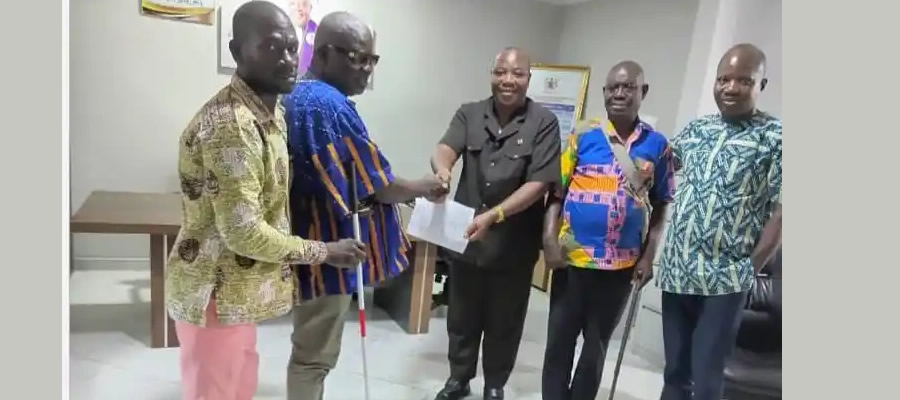
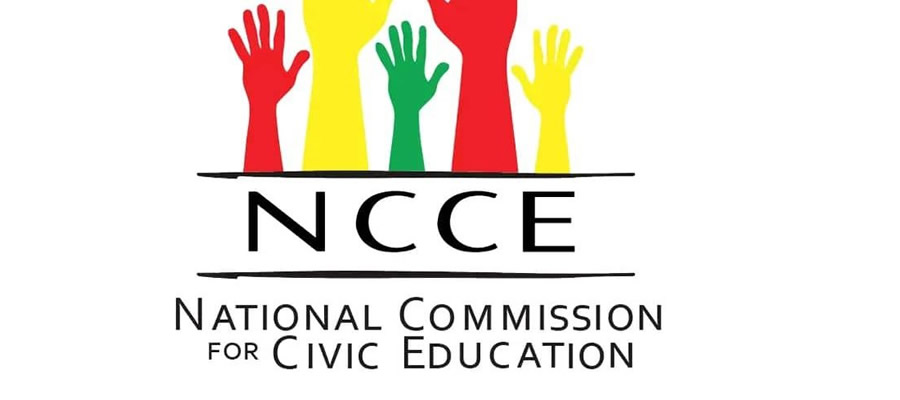
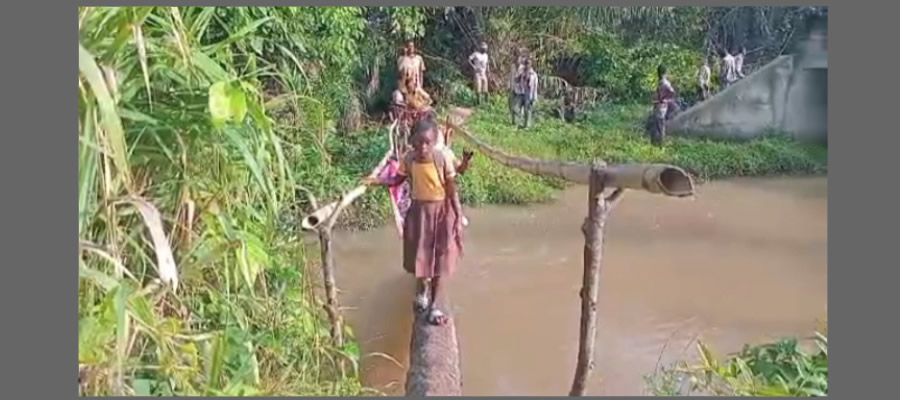
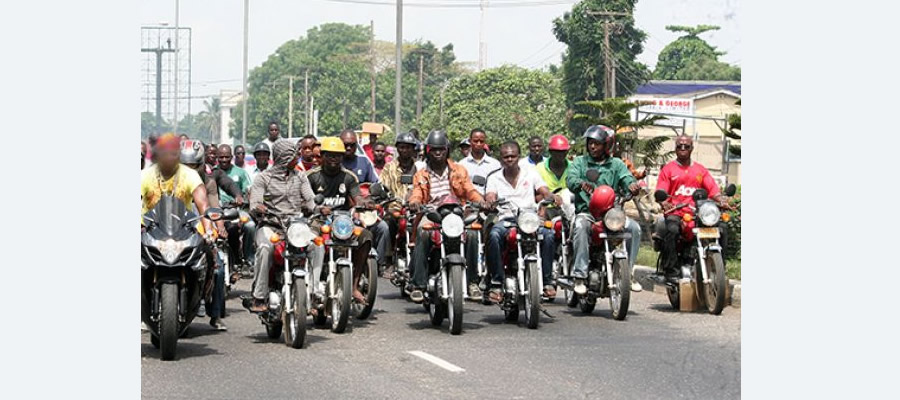
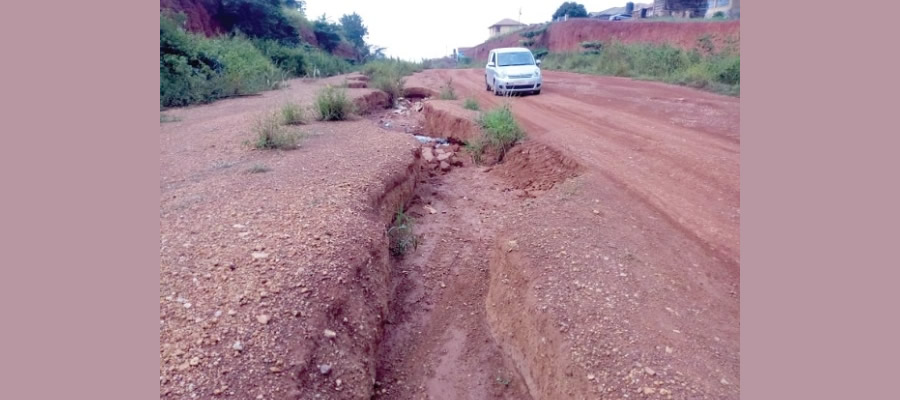
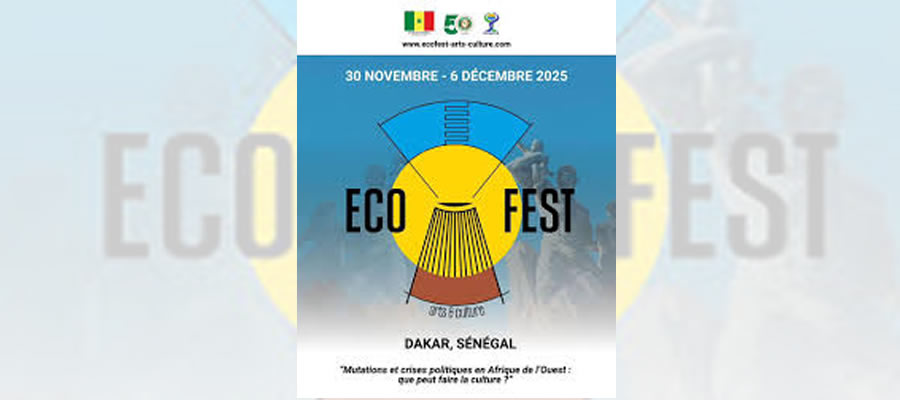
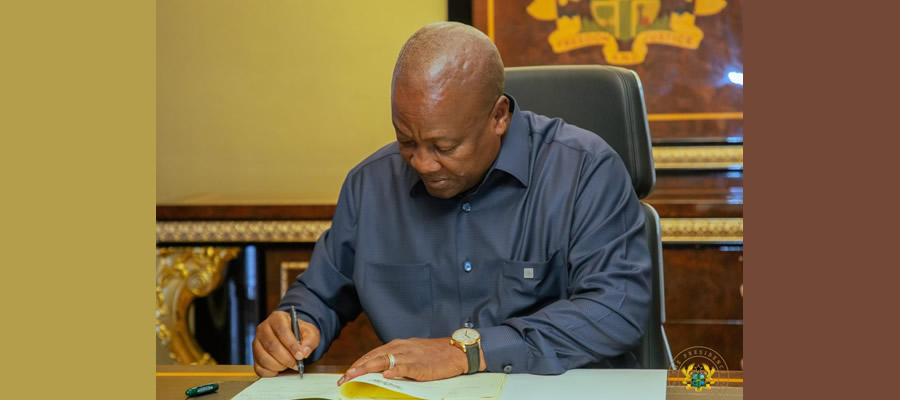
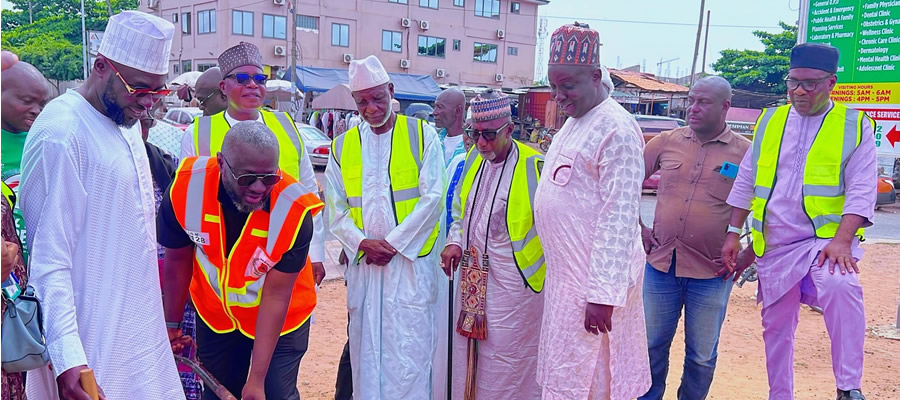
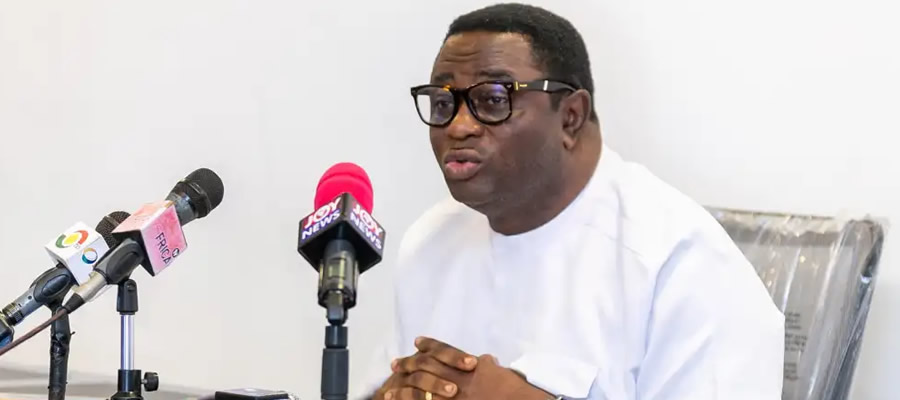
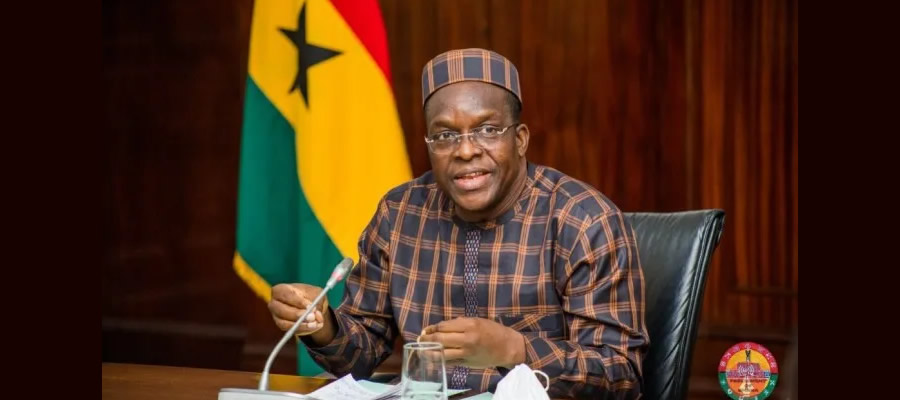
 facebook
facebook
 twitter
twitter
 Youtube
Youtube
 +233 593 831 280
+233 593 831 280 0800 430 430
0800 430 430 GPS: GE-231-4383
GPS: GE-231-4383 info@ghanadistricts.com
info@ghanadistricts.com Box GP1044, Accra, Ghana
Box GP1044, Accra, Ghana